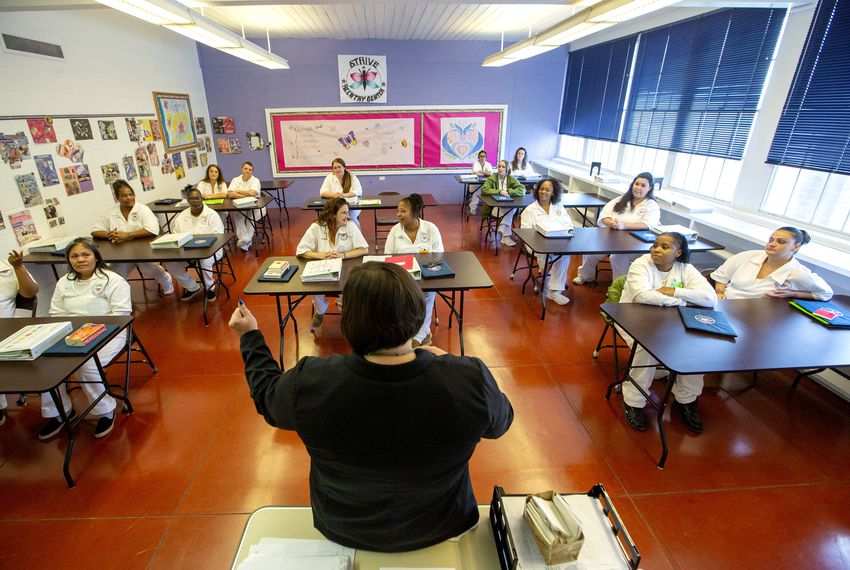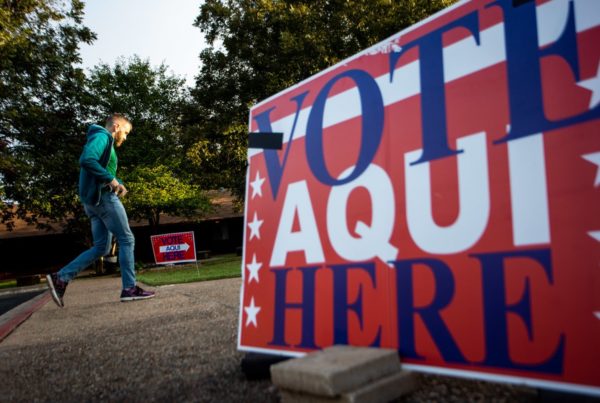For people incarcerated in prison, being able to earn a college degree is an opportunity not just to further one’s own education – research also indicates it reduces recidivism. But when it comes to higher education in Texas prisons, men have access to more opportunities than women do, according to a new report for The Education Trust.
The report says men in Texas prisons have access to more than triple the amount of higher education degrees that women do. Incarcerated men can also pursue their master’s, while women can only obtain a bachelor’s degree. The last time a woman incarcerated in the Texas prison system received her bachelor’s degree was in 2019.
Nadra Nittle, the education reporter for the 19th News, said educational opportunities in prisons vary from state to state but that Texas stands out for the disparity between men and women.
Her sources told her that “in some other places, it is easier to get a higher learning degree if you’re a woman. There are some states that might be worse than Texas, but they definitely feel concern about the fact that men in prison have so many more educational opportunities.”
State prison leaders told Nittle that they’re looking into creating more opportunities for women, and a representative of the Texas Department of Criminal Justice said they’re in talks to have a dual undergraduate degree for women and to possibly start instituting other options.
“We know that Texas prison officials do know that women don’t have the same amount of opportunities” she said. “And all we can do now is see if they actually do start making the different degrees available to women.”
Nittle also noted that overall, money is one of the biggest barriers for prisoners to pursue a degree while incarcerated. Those who cannot afford to foot the bill for their education – or have a family member who can help – have to make a plan to pay the state back upon their release.
“So either pay it back in full upon their release or start some sort of installment plan,” she said. “And because many formerly incarcerated people already have so many things stacked against them, they don’t necessarily want to take on additional debt.”















